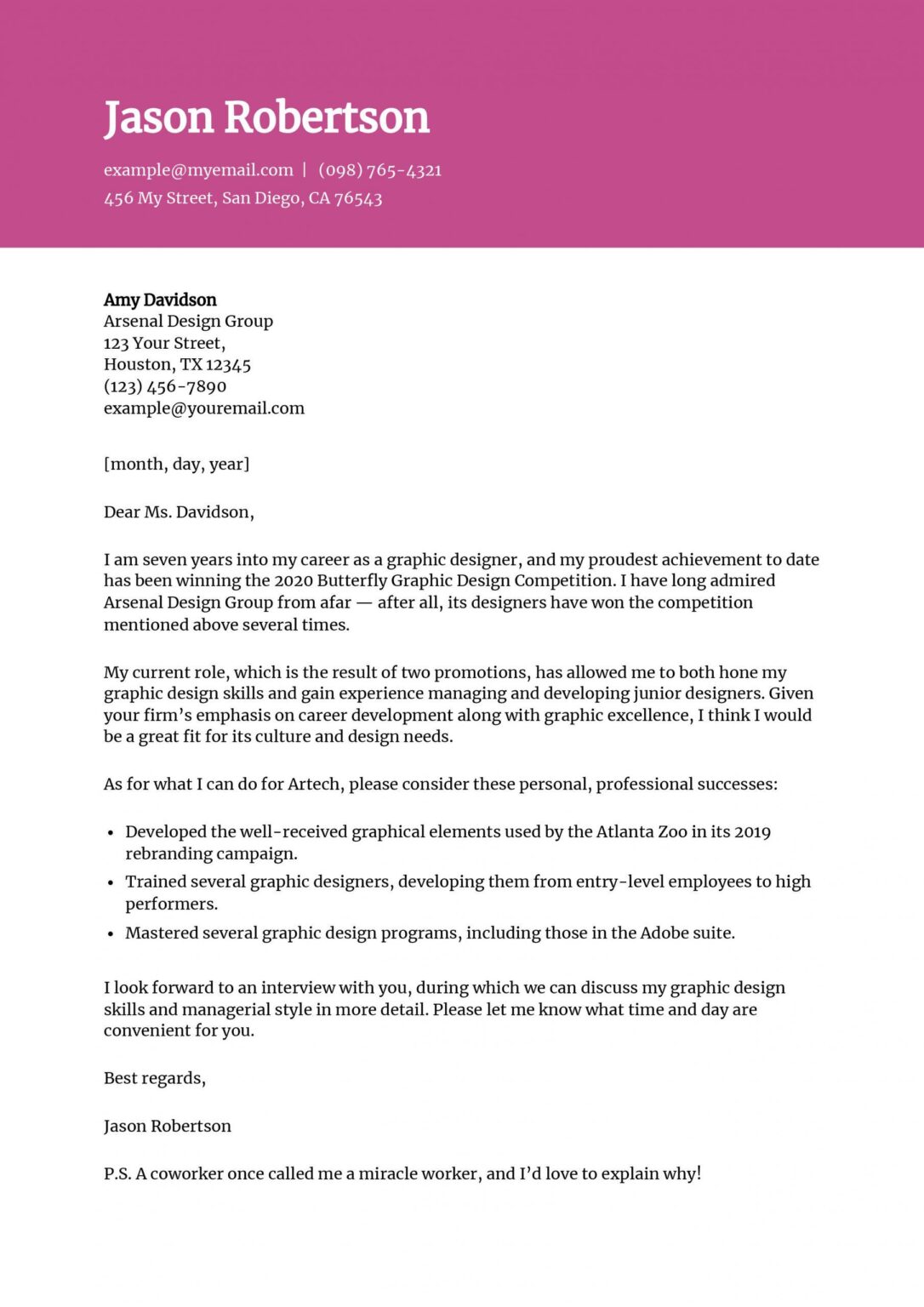Guinea’s Upcoming September Referendum: A Crucial Step Toward Democratic Renewal
In a landmark announcement, Guinea’s military-led government has declared its intention to hold a national referendum in September 2024. This move signals a potential shift from military rule toward democratic governance after nearly three years of political instability following the army’s takeover in September 2021, which deposed former President Alpha Condé. The referendum is widely viewed as a pivotal moment for the West African nation, offering citizens an opportunity to influence the country’s political future and test the junta’s sincerity in restoring civilian leadership and promoting unity within a historically divided society.
Assessing Public Opinion: The Military Junta’s Referendum Initiative
The Guinean ruling council has set September as the date for a nationwide vote aimed at gauging public endorsement of proposed constitutional reforms designed to reinstate democratic institutions. This decision comes amid ongoing debates about legitimacy and transparency since the coup disrupted Guinea’s previous political order. While military leaders assert their dedication to returning power to elected officials, many locals and international observers remain cautious about whether this referendum will truly reflect popular will or simply entrench military influence.
To prepare voters for this critical decision, authorities have launched an extensive educational campaign across urban and rural areas alike. Key elements being communicated include:
- Electoral Integrity: Details on how elections will be organized, supervised, and safeguarded against fraud.
- Civic Engagement: Frameworks ensuring inclusive participation from diverse political parties and marginalized groups.
- Human Rights Guarantees: Constitutional protections aimed at securing freedoms such as speech, assembly, and press.
The global community is closely monitoring these developments with hopes that Guinea can conduct an open process free from coercion or manipulation. Civil society organizations are actively mobilizing voter education efforts to empower citizens during this defining period in Guinea’s history.
The Stakes of Constitutional Reform: What Is on the Line?
The proposed amendments carry significant implications for Guinea’s governance model moving forward. By inviting public input through a referendum, the junta appears willing—at least nominally—to involve citizens in shaping their political destiny after decades marked by authoritarianism and unrest. However, skepticism persists regarding whether these changes will translate into genuine democratization or merely serve as window dressing for continued military control.
- Process Credibility: Doubts linger over whether electoral procedures will be impartial or manipulated to favor entrenched interests within the junta.
- Civil Liberties Protection: Questions remain about how effectively new laws will safeguard fundamental rights amid past crackdowns on dissenting voices.
- Avoiding Political Fragmentation: Given Guinea’s history of ethnic tensions influencing politics, there is concern that constitutional shifts could either heal divisions or deepen societal rifts depending on implementation outcomes.
This referendum also holds weight beyond national borders; its results may affect foreign aid flows and diplomatic relations with regional bodies like ECOWAS (Economic Community of West African States) which have previously imposed sanctions following coups elsewhere in West Africa.
| POSSIBLE REFERENDUM OUTCOMES | POTENTIAL CONSEQUENCES |
|---|---|
| If Approved | An increase in international support including development aid & investment opportunities due to perceived progress toward democracy. |
| If Rejected | A surge in domestic instability risks alongside possible punitive measures such as economic sanctions by global partners. |
| Lack of Transparency During Voting Process | Heightened doubts over election legitimacy potentially sparking protests or civil unrest. td > tr > |
The Role of Global Partners: Facilitating Guinea’s Democratic Transition
International actors stand poised to play an instrumental role supporting Guinea through this delicate phase toward democratic restoration. Regional organizations like ECOWAS along with influential countries have expressed readiness to assist by providing:< / p >
- < strong >Technical Expertise:< / strong > Resources ensuring adherence to recognized electoral standards throughout voting procedures.< / li >
- < strong >Election Monitoring:< / strong > Deployment of impartial observers tasked with verifying fairness & transparency during polling days.< / li >
- < strong >Capacity Building:< / strong > Support programs empowering local NGOs engaged in voter education campaigns fostering informed participation among citizens.< / li >
< / ul >Diplomatic engagement remains equally vital; encouraging dialogue between military rulers & opposition factions could reduce tensions while laying groundwork for peaceful coexistence post-referendum. Strategies under consideration include:< / p >
- < strong >Dialogue Forums:< / strong > Convening summits bringing together government representatives & opposition leaders aiming at consensus-building initiatives.< / li >
- < strong >Conditional Incentives:< / strong > Offering phased financial assistance contingent upon demonstrable progress towards democratic norms compliance.< / li >
- < >Balanced Leverage Measures:< / >Employing calibrated sanctions alongside rewards designed both encourage reform commitment without alienating key stakeholders. </span></span></span></span>
Looking Ahead: Navigating Challenges Toward Democratic Stability
The scheduled September referendum represents more than just a procedural vote—it embodies hope for many Guineans yearning for accountable governance after years under military control. While uncertainties persist regarding execution integrity, if conducted transparently, this process could mark foundational progress towards rebuilding trust between state institutions and citizens.
Navigating obstacles such as ensuring inclusivity across ethnic lines, safeguarding human rights, and maintaining peace during transition phases remains paramount.
The world watches attentively as Guinea approaches this crossroads where decisions made now may well define its trajectory over coming decades—either reinforcing authoritarian legacies or ushering renewed democratic vitality backed by both domestic aspirations and international goodwill.

